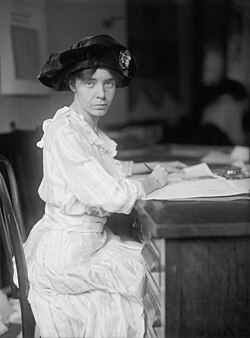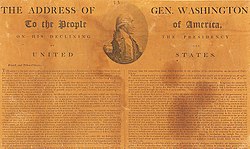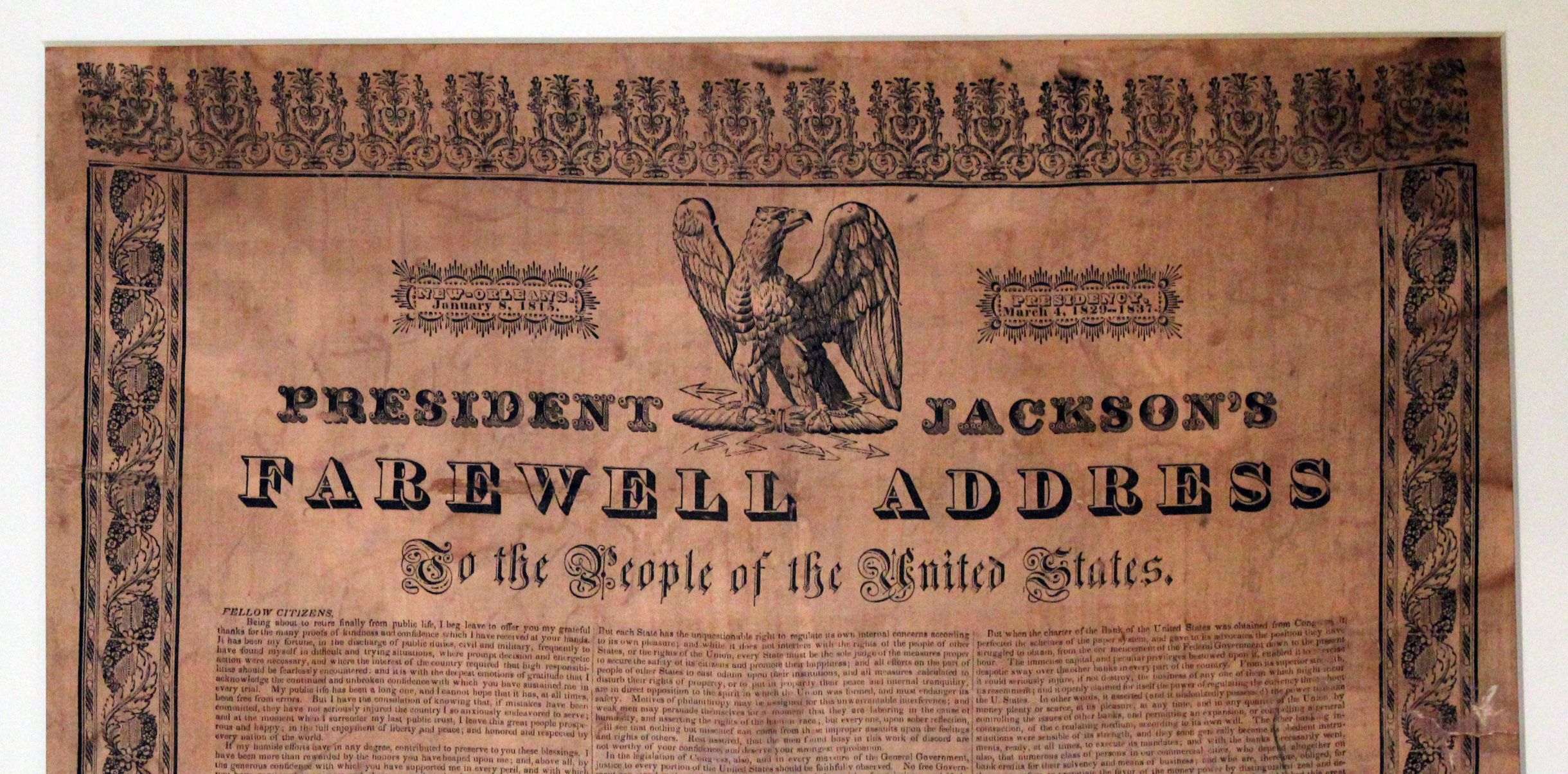1. What role did the Revolutionary War play in
the transformation of housewifery to Republican
Motherhood?
The Revolutionary War greatly influenced Republican Motherhood, as after the movement for independence, Women's pride also accompanied this motion. Along with the growing sense of a new identity, women felt a new sense of importance in the household, to raise their children properly, one's containing the American Identity. (C)
2. What were the consequences of Republican Motherhood on women?
Mothers, with their increased significance, had more pressure imposed on them to raise the next generation of Americans properly, unlike before, with patriotic Republican ideals instilled within them. Hence, if a child did not fit these values, the mother would be chastised and gone after. (D)
3. What is the significance of the
ideology of Republican Motherhood as
a stage in the process women’s socialization?
Republican Motherhood gave mothers a reformed, more valued place in society. With this gain of power, this set the trend in the direction of the women's right movements, as women's socialization increased around this time period, and continued to increase as time went on.
 |
|
Mary Gibson Tilghman and
her sons by Charles Willson Peale (1789) |
1. Describe the setting.
A mother (possibly younger) and two of her sons that are dressed in dresses sit on their sofa at home.
2. Who serves at the center of the
portrait and why? How does the woman
look? How is she republican” rather
than aristocratic?
Mary Gibson Tilghman is at the center of the portrait, possibly because she is the eldest and wisest, at the center and core of her sons lives. The women seems young and very pale, possibly being somewhat artificial to showcase post-colonial values. She is republican, as she does not wear expensive jewelry, but rather a bland dress.
3. What values do her sons exhibit?
h
Tilghman's sons exhibit dependency on their mother, as the son on the left reaches for his mothers arm. They also seem well-mannored, as they smile and sit in a well presented position for the portrait.
4. Is there a significance to the position
of Mrs. Tilgham’s arm?
Her arm holds one of her sons secure on her lap, possibly representing his lack of freedom and restraint from his mother, making him more dependent to her in the future. It could also symbolize protection from Tilghman, as she may try to protect their innocence.
 |
| This reminds me of the women's right movement in the 1910's (Alice Paul pictured), as both occurrences gave an increased sense of unity to American Females, and more authority. |






































